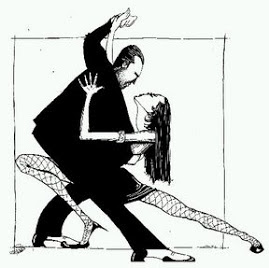A few days ago there was a press release including some facts noted by the “Special 301” Report 2016. This report is the annual review of the global state of IPR protection and enforcement written by the United States Trade Representative (USTR).
In the press release it is noticeable some quotations which reflects the importance of protecting IPRs.
For example:
“This final Special 301 Report of the Obama Administration underlines the great value that unique American creativity and innovation have for millions of families – ranging from small businesses owners to medical researchers to employees of the recording and motion picture industries – as well as the efforts of the executive branch, our bipartisan partners in Congress, and the United States business community to vigilantly monitor abuses of American intellectual property rights anywhere they exist in the world.”[emphasises made] U.S. Trade Representative Michael Froman.
“Without strong IP laws, our member labels could not do what they do best: discover talented musicians and performers, nurture their sound, and distribute, market, and promote their music across the world.” [emphasises made] Cary Sherman, Chairman and CEO of the Recording Industry Association of America (RIAA).
“Intellectual property protections enhance job growth both domestically and internationally” [emphasises made] Stanley Pierre-Louis, general counsel of the Entertainment Software Association (ETA).
The rationale for the protection afforded to IPRs has been explained by many scholars, and they are best represented in 4 theories:
- Labour Theory (by John Locke) ‘the labour of his body, and the work of his hand, we may say, are property his’.
- Personality Theory (by Hegel) -- creation is an extension of its creator’s individuality or person, belonging to that creator as part of his or her self-hood.
- Pendleton’s Theory - nobody owns an idea before its appropriation. However, ‘an invention can be seen as a (new) combining of known units of information’ (Catherine Colston).
- Utilitarian Theory is a ‘theory of ethics that prescribes the quantitative maximization of good consequences for a population’ (George D. Catalano).
In any case, the theories highlight the importance of protection and the words heard by various US parties are welcome. It is good to be reminded the rational of IP protection, of course, the debate sometimes focus on overprotection rather than lack of it.
The press release can be read in full here.













